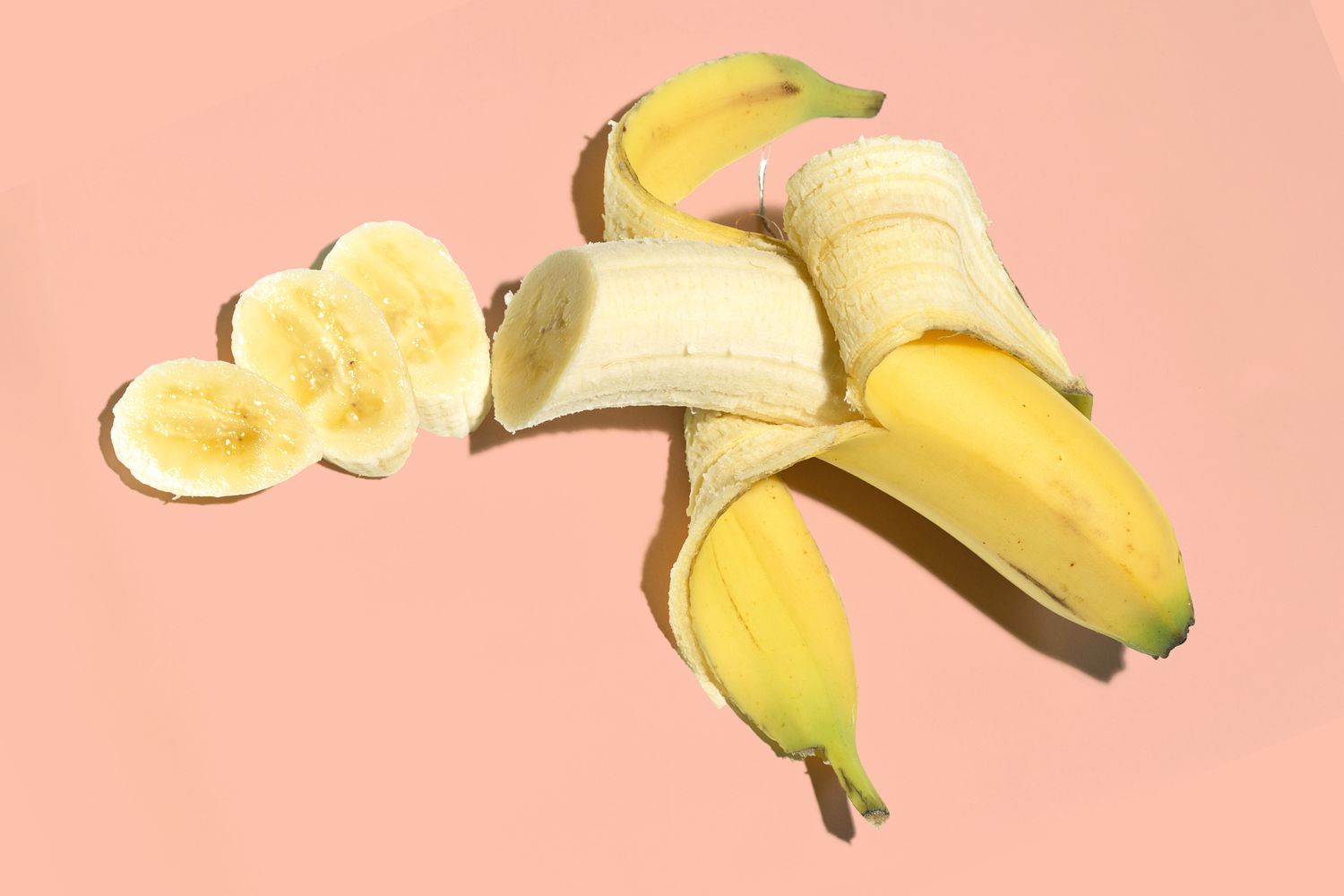
There’s nothing like an energy crash to throw your day for a loop. This can be especially frustrating when you have things to do and places to be—or if you’re just trying to stay awake during the dark afternoons of winter. It may be tempting to grab a caffeinated drink and hope for the best, but it’s not your only option. Food can fuel your body and reduce hunger, so long as you pick the right foods. Ahead, find the best foods for energy, and learn how they can help you power through the day, according to dietitians.
- Maddie Pasquariello, MS, RDN, is a registered dietitian nutritionist and founder of Nutrition With Maddie
- Dena Champion, MS, RDN, CSO, LD, CNSC is a registered dietitian at The Ohio State University Wexner Medical Center.
How Nutrition Affects Energy
First, a quick science lesson: “Most of the calories in any food or beverage provide your body with fuel,” explains Maddie Pasquariello, MS, RDN. Your body’s ability to efficiently use that fuel—and the type of energy you receive from that food—depends on the balance of macronutrients and fiber in the food, along with its caloric content.
Macronutrients are nutrients that provide your body with energy. They include carbohydrates, protein, and fat, and we need them in large amounts (thus the name macronutrients). “Carbs tend to be the primary fuel source for most people, as they’re the most quickly metabolized and easily accessible source of energy,” says Pasquariello. But protein and fat also contain calories, so they provide some energy. Additionally, all three macronutrients increase satiety and reduce hunger, ultimately staving off the fatigue that comes with an empty stomach.
5 Best Foods for Energy
Need an energy boost? Try one (or more) of these five foods to avoid that dreaded afternoon slump.
Oats
“Oats are an energy-boosting staple and a great food to incorporate into [your] breakfast, pre-workout, or post-workout meal,” says Pasquariello. That’s because oats contain complex carbohydrates, which are digested slowly, providing a steady source of energy for the body. “They also contain soluble fiber, which can help lower cholesterol, [as well as] vitamins, minerals, and antioxidants,” adds Dena Champion, MS, RDN, CSO, LD, CNSC. Plus, oats are wonderfully versatile, as they can be paired with other energy-supporting ingredients like a scoop of nut butter, protein powder, or dried or fresh fruit, notes Pasquariello.
Bananas
Makidotvn/Getty Images
“Bananas, like most carb-containing foods, are an easy source of accessible energy for the body,” shares Pasquariello. “So much so that many folks reach for them as a quick (and portable!) pre-workout snack,” she adds. What’s more, bananas are relatively inexpensive, widely available, and rich in essential nutrients like potassium, as noted by Champion. And while they’re great on their own, bananas pair especially well with nut butter, another energizing food (see: below). This is a great way to incorporate protein and fat, which will help keep you satiated—and therefore, energized—according to Champion.
Water
Elizabeth Fernandez / Getty Images
“As plain water contains no calories, it’s not a direct source of energy for the body,” explains Pasquariello. However, your daily water intake does affect your energy levels, as it’s needed for bodily functions that support energy (think nutrient absorption and digestion). Case in point: You lose water via urinating, sweating, and breathing, “so if you haven’t consumed enough water, you can feel depleted and experience fatigue or weakness,” says Pasquariello. But how much water is enough, exactly? In general, “aim to drink at least half your body weight in pounds as ounces of water each day,” says Pasquariello. This means a person who weighs 150 pounds should aim to drink at least 75 ounces of water per day, for example. Note that this is a general recommendation, as factors like activity level, climate, and certain medications can affect the amount of water you need.
Nut Butter
baibaz / Getty Images
If you’re looking for an energizing food that packs a punch, reach for nut butter. The ingredient contains calories, carbohydrates, fiber, protein, and fat, all of which provide energy and support satiety. Different types of nut butter also provide certain micronutrients; for example, peanut butter offers vitamin B6 and magnesium, while almond butter has some magnesium, calcium, and iron, notes Pasquariello. Regardless of the variety, nut butter is a deliciously versatile ingredient; try pairing it with fruit, like bananas or apples, or spreading it on whole grain bread for a breakfast or snack, suggests Champion. You can also drizzle it on top of oatmeal, another one of the best foods for energy.
Eggs
Though eggs contain less carbs than the aforementioned foods, they’re still “a solid energy-boosting food”, says Pasquariello. That’s because they’re rich in protein and fat, which take longer to break down in the body. This provides fuel that’s released more slowly, helping maintain your energy levels. Eggs also contain essential micronutrients, including vitamin D, vitamin B6, vitamin B12, and iron, according to Pasquariello. Try pairing eggs with avocado toast or noshing on a hard-boiled egg for a satisfying snack.
